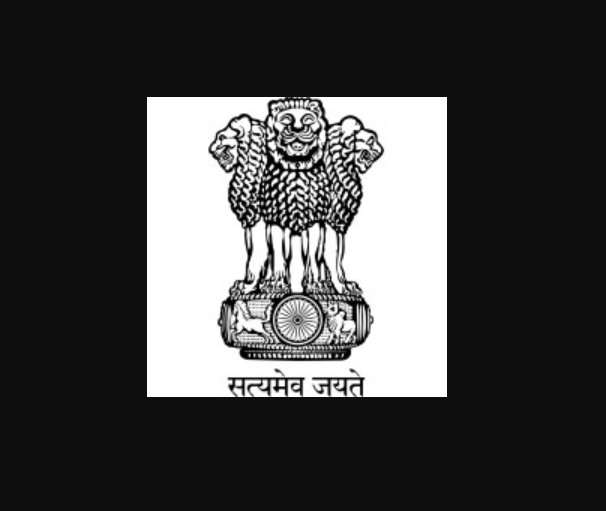In 2004, Stuart L. Hart and C.K. Prahalad put spotlight on the “fortune at the bottom of the pyramid”. The concept ignited a lot of interest amongst members of the industry and policymakers. This culminated in the coining of the term “inclusive business” by the World Business Council for Sustainable Development in 2005.
An inclusive business addresses the needs of low-income groups “providing goods, services, and livelihoods on a commercially viable basis, either at scale or scalable, to people living at the base of the economic pyramid making them part of the value chain of companies’ core business as suppliers, distributors, retailers, or customers”.
The growing awareness about inclusive business models fructified in the 2017 ASEAN Inclusive Business Framework, and in 2020 the ASEAN member states adopted the guidelines for promoting inclusive businesses within the ASEAN bloc – the first sub region to do so. Thus, it is the perfect time for India to identify the best practices that may be replicated.
Interestingly, an inclusive business model ties up with the 16-point agenda laid down by the Hon’ble Prime Minister where, amongst other things, the Government increased the target for agricultural credit to INR 15 lakh crore, along with increase in budget allocation for agricultural infrastructure and rural development.
The government of India has also outlined its vision of doubling farmers income, and for this goal to materialize the agriculture sector needs to attain and sustain a growth rate of 10.4 percent per year. This is significant because approximately 54 percent of our population is engaged in agriculture. Today, India is the largest producer of a whole range of agri-food products like dairy, pulses, mangoes, cotton, jute, etc .
Notwithstanding the impressive growth in output and investments, the agri-food value chain continues to face challenges that manifest in the form of declining sectoral contribution to the country’s GDP, limited market access to export destinations, and stagnating farmers income.
Thus, the need for business models that could channelise investments (and thereby funds) to the last mile which in turn enhances innovation and productivity at the bottom of the pyramid. Investments, would make the value chains not only more effective (operationally and functionally) but also profitable at each level, making the sector competitive and businesses sustainable. This goes a long way into enhancing the bargaining power of the underserved, especially of women, at both the household and societal level.
In keeping with the overarching objective, in June 2022, Invest India along with The United Nations Economic and Social Commission for Asia and the Pacific (UNESCAP) and the Bill and Melinda Gates Foundation organised a series of high-level panel discussions during which government officials and private sector representatives discussed the Agriculture and Food Ecosystem in India and the criticality to promote Inclusive Business (IB) in the sector – focusing on why they seek to promote this type of business models and their experiences in doing so.
As a befitting extension, a forum for “Regional Inclusive Business Models in Agriculture and Food Systems” will be launched by UNESCAP and Invest India with the support of the Bill & Melinda Gates Foundation on 1st Dec 2022.
The underlying objective is to accelerate the adoption of and promote, at the institutional level, innovative business models that support inclusive agricultural transformation by improving access to technologies, services, and platforms in India and South Asia.
Establishing a successful model for IB will be facilitated through training workshops that orient the industry and government players with tools for appraising a business model, identifying common upgrading priorities, and designing an upgraded business model. In the process, the training will disseminate guidelines for enhancing linkages between producer groups and buyers of agricultural produce.
Recognising the need to create a business ecosystem that benefits the small players and women across the agri-food value chain, the inclusive business model concept is founded on the idea that both the business community and marginal farmers benefit from integrating smallholders into markets.
Against this backdrop, the private sector can play a significant role through business models that connect farmers to markets, enhance market linkage and improve technical capabilities around climate-resilient farming practices, digitization and strengthening of agricultural value chains.
It would be exciting to witness the strengthening of each thematic pillar of the centre’s agenda to promote inclusivity and sustainability through greater accessibility, affordability and availability. More importantly, since it would be the public-private partnership that will help champion the alignment of the corporate goals and the national goals, it would be interesting to see the businesses scale into inclusive organisations bringing the nation a step closer to achieving the sustainability goals.
Article Credits: Invest India

Pingback: CSR Activities Market Share and Growth Trends 2022: Development Trends, Risk Factors, Demand by Key Players, Sales Channel, and Leading Players Forecast to 2029 - SLSV - A global media & CSR consultancy network